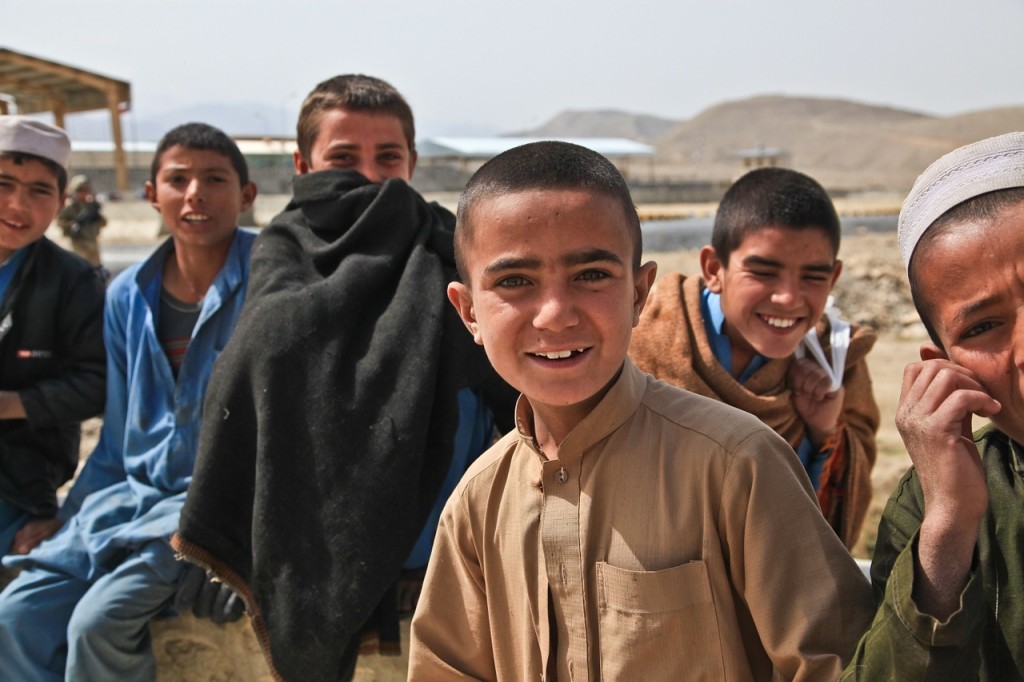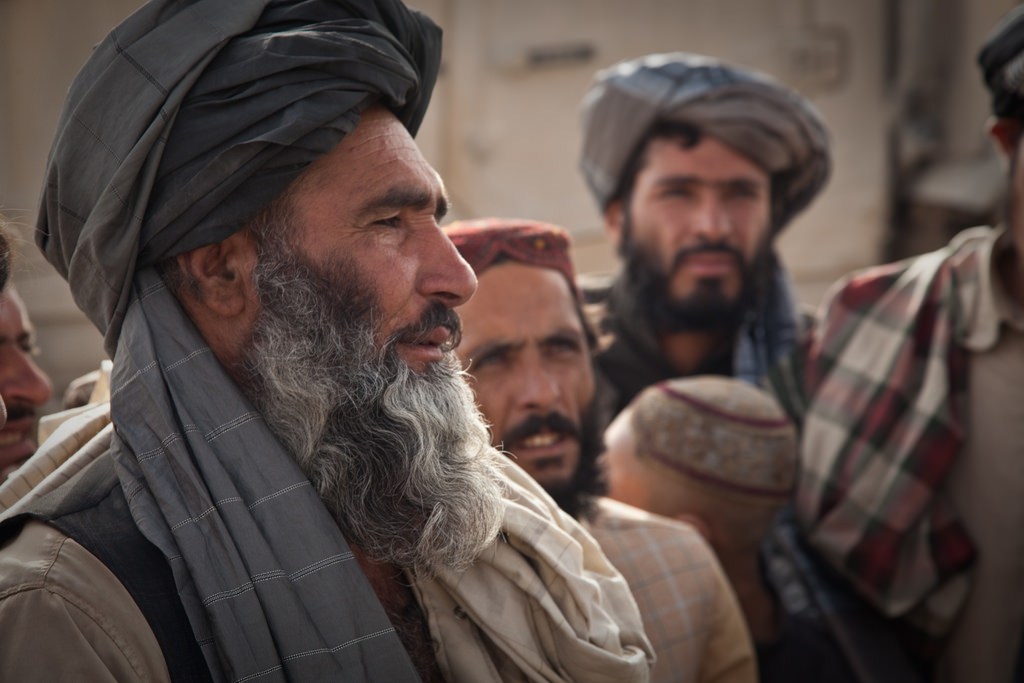Established in 2015, the Afghan Institute for Civil Society (AICS) works to build a stronger, more robust civil society in Afghanistan by helping to improve the credibility of the domestic civil society sector. Through its flagship program, a certification process for civil society organizations (CSOs), AICS independently evaluates and certifies Afghan CSOs against internationally recognized standards and best practices for internal governance, financial management, program delivery, and other key operational areas.
This certification process plays an important role in promoting transparency within the sector and increasing public trust in local CSOs. In addition, AICS-certified CSOs can benefit from support and networking opportunities that boost organizational capacity and performance and help to improve the sector as a whole.
As of June 2018, 27 Afghan CSOs had received AICS certification. These organizations include:
Afghanistan Civil Society Forum
The establishment of the Afghanistan Civil Society Forum (ACSFo) resulted from the first-ever Afghan Civil Society Conference, which was held in Germany in 2001. With a mission to facilitate the process of citizen and state building and to help develop a democratic and vibrant society based on citizenry values, ACSFo operates programs nationwide across four key areas: advocacy and coordination, capacity building, public outreach, and media and the rule of law. Some of the organization’s achievements include a literacy project that reached 15 million Afghans between 2003 and 2005, and the establishment of more than 180 youth advocacy committees.
Development and Ability Organization
There is very little support for people living with disabilities in Afghanistan, but the Development and Ability Organization (DAO) has been working to change that since its founding in 2004. DAO raises awareness of the issues facing people with disabilities and advocates for disability rights. To date, DAO’s programs have focused on physical rehabilitation, vocational training, and income generation for people living with disabilities. In addition, the organization publishes a bi-monthly magazine in three languages that highlights emerging disability and health issues.

Afghan Amputee Bicyclists for Rehabilitation and Recreation
Afghan Amputee Bicyclists for Rehabilitation and Recreation (AABRAR) is another organization focused on people living with disabilities and other vulnerable populations. Founded in 1992, AABRAR works with people with disabilities—particularly those whose disability resulted from an injury from Afghanistan’s conflict years—and provides support for them to recover physically and emotionally and to increase their socio-economic participation in Afghan life. In addition, the organization works to build the capacity of local civil society organizations to both support and integrate people with disabilities.
Coordination of Rehabilitation and Development Services for Afghanistan
Established in 2002, Coordination of Rehabilitation and Development Services for Afghanistan (CRDSA) envisions a future in which Afghanistan is a fully developed country where all Afghans can lead their lives free of poverty and with dignity. By focusing on sustainable livelihoods, the reintegration and protection of returning refugees, and the promotion of human rights, CRDSA hopes to make this vision a reality. In addition to operating its own programs—such as vocational training and technical support for agriculture and livestock workers—CRDSA also awards grants to other civil society organizations in Farah and Badghis provinces.
Help the Afghan Children
Many of those who have suffered the most from Afghanistan’s years of conflict are children. Help the Afghan Children (HTAC) focuses on empowering young children and their communities through innovative educational programs. For example, HTAC’s peace education program has helped train nearly 100,000 students on the values of peace, cooperation, patience, respect, non-violence, and self-confidence. The organization also works to enhance the livelihoods of vulnerable families through vocational and skills training programs, and provides essential humanitarian aid to Afghans around the country.
Nai – Supporting Open Media in Afghanistan
An open, independent media sector is an essential element of a bright future for Afghanistan. Nai, which was established by Afghan media activists in 2005, aims to foster the development of such a sector by helping build and train the country’s pool of skilled and educated journalists. Through its newly established media institute, Nai provides coaching to existing journalists, and offers technical support to those hoping to make a start in Afghanistan’s media sector. The organization also helps rural communities run their own local media outlets. Finally, Nai works hard to protect journalists’ rights in Afghanistan by lobbying for the reform of media-related laws and regulations, and by raising awareness of the important role an independent media has to play in Afghanistan. Visitors to Kabul can see some of the fruit of Nai’s labors in the center of the city: a street there has been renamed “Freedom of Speech Road.”
Central Afghanistan Welfare Committee
Since 1989, the Central Afghanistan Welfare Committee (CAWC) has been working to improve the lives of people in rural and remote communities in Afghanistan. Its activities focus on the essentials of life in these regions: literacy, basic health and education, sanitation and hygiene, agriculture development and animal husbandry, infrastructure development, and water management are just some examples of CAWC’s many programming areas. In recent years, energy security has been a particular priority, with many CAWC projects focusing on renewable energy initiatives like solar panels, wind turbines, and micro-hydropower dams.

